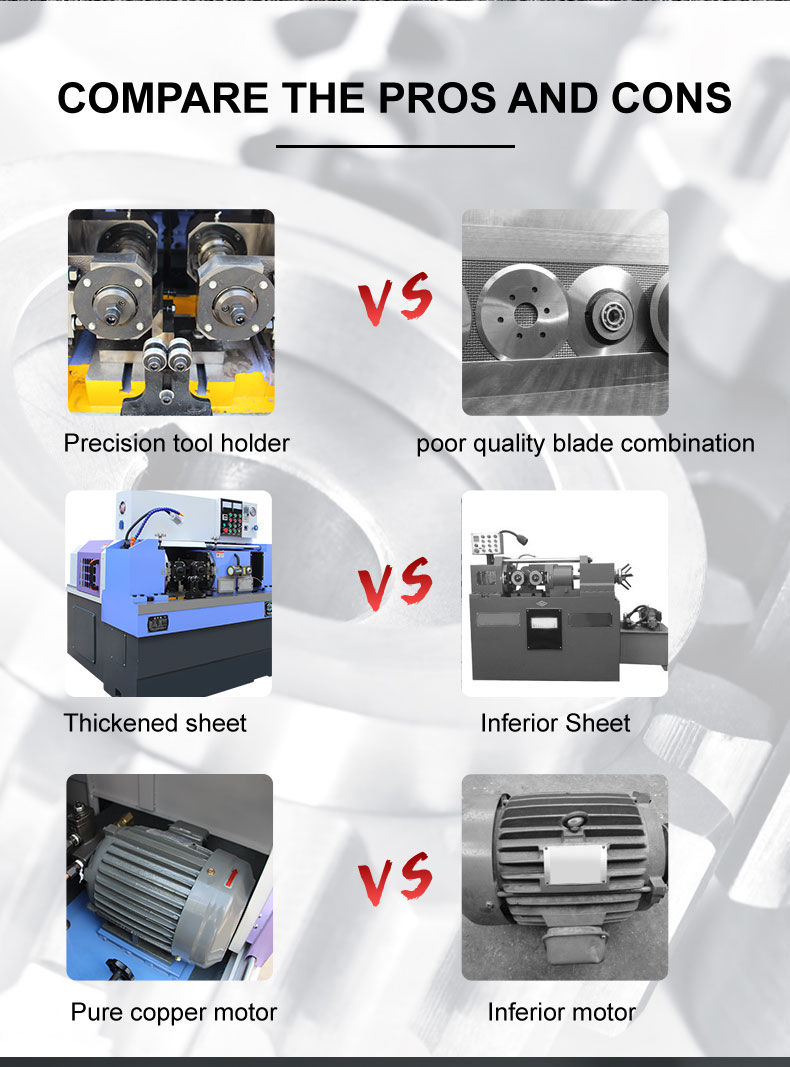
-
 Afrikaans
Afrikaans -
 Albanian
Albanian -
 Amharic
Amharic -
 Arabic
Arabic -
 Armenian
Armenian -
 Azerbaijani
Azerbaijani -
 Basque
Basque -
 Belarusian
Belarusian -
 Bengali
Bengali -
 Bosnian
Bosnian -
 Bulgarian
Bulgarian -
 Catalan
Catalan -
 Cebuano
Cebuano -
 Corsican
Corsican -
 Croatian
Croatian -
 Czech
Czech -
 Danish
Danish -
 Dutch
Dutch -
 English
English -
 Esperanto
Esperanto -
 Estonian
Estonian -
 Finnish
Finnish -
 French
French -
 Frisian
Frisian -
 Galician
Galician -
 Georgian
Georgian -
 German
German -
 Greek
Greek -
 Gujarati
Gujarati -
 Haitian Creole
Haitian Creole -
 hausa
hausa -
 hawaiian
hawaiian -
 Hebrew
Hebrew -
 Hindi
Hindi -
 Miao
Miao -
 Hungarian
Hungarian -
 Icelandic
Icelandic -
 igbo
igbo -
 Indonesian
Indonesian -
 irish
irish -
 Italian
Italian -
 Japanese
Japanese -
 Javanese
Javanese -
 Kannada
Kannada -
 kazakh
kazakh -
 Khmer
Khmer -
 Rwandese
Rwandese -
 Korean
Korean -
 Kurdish
Kurdish -
 Kyrgyz
Kyrgyz -
 Lao
Lao -
 Latin
Latin -
 Latvian
Latvian -
 Lithuanian
Lithuanian -
 Luxembourgish
Luxembourgish -
 Macedonian
Macedonian -
 Malgashi
Malgashi -
 Malay
Malay -
 Malayalam
Malayalam -
 Maltese
Maltese -
 Maori
Maori -
 Marathi
Marathi -
 Mongolian
Mongolian -
 Myanmar
Myanmar -
 Nepali
Nepali -
 Norwegian
Norwegian -
 Norwegian
Norwegian -
 Occitan
Occitan -
 Pashto
Pashto -
 Persian
Persian -
 Polish
Polish -
 Portuguese
Portuguese -
 Punjabi
Punjabi -
 Romanian
Romanian -
 Russian
Russian -
 Samoan
Samoan -
 Scottish Gaelic
Scottish Gaelic -
 Serbian
Serbian -
 Sesotho
Sesotho -
 Shona
Shona -
 Sindhi
Sindhi -
 Sinhala
Sinhala -
 Slovak
Slovak -
 Slovenian
Slovenian -
 Somali
Somali -
 Spanish
Spanish -
 Sundanese
Sundanese -
 Swahili
Swahili -
 Swedish
Swedish -
 Tagalog
Tagalog -
 Tajik
Tajik -
 Tamil
Tamil -
 Tatar
Tatar -
 Telugu
Telugu -
 Thai
Thai -
 Turkish
Turkish -
 Turkmen
Turkmen -
 Ukrainian
Ukrainian -
 Urdu
Urdu -
 Uighur
Uighur -
 Uzbek
Uzbek -
 Vietnamese
Vietnamese -
 Welsh
Welsh -
 Bantu
Bantu -
 Yiddish
Yiddish -
 Yoruba
Yoruba -
 Zulu
Zulu
Thread Rolling Machine Price - Affordable, High-Quality Solutions
Understanding the Pricing of Thread Rolling Machines
In the realm of manufacturing and metalworking, thread rolling machines play a crucial role in producing high-quality threaded components. These machines are designed to create threads on various materials through a cold forming process, resulting in stronger and more precise threads compared to traditional cutting methods. As the demand for such threaded products continues to grow across different industries, the pricing of thread rolling machines has become a significant topic of discussion.
The cost of thread rolling machines can vary widely based on several factors. Firstly, the type of machine plays a pivotal role in determining its price. There are different types of thread rolling machines, including flat die, cylindrical, and planetary machines, each serving specific purposes and offering unique features. For instance, flat die thread rollers are often more affordable and suitable for producing smaller batches, while cylindrical and planetary machines, designed for larger operations, tend to have a higher price point due to their advanced capabilities.
Secondly, the materials and construction quality of the machine influence its price. Machines built with durable and high-quality materials can withstand rigorous usage and provide consistent performance over time. Thus, investing in a high-quality thread rolling machine may involve a higher upfront cost, but it can lead to better long-term returns through reduced maintenance and increased production efficiency.
thread rolling machine price products

Moreover, the machine’s specifications, such as its threading capacity (diameter and length of threads), speed, and technological features, also affect pricing. Advanced machines that incorporate automation, such as CNC-controlled thread rollers, tend to be on the higher end of the pricing spectrum. These machines offer enhanced precision and efficiency, thereby justifying their cost for manufacturers looking to optimize production processes.
Geographical factors and supplier reputation can further influence pricing in the market for thread rolling machines. Sourcing machines from well-established suppliers often comes at a premium, as these providers typically offer comprehensive support, warranties, and service options. Conversely, newer manufacturers may offer competitive pricing to entice buyers but might lack the proven track record of established brands.
Lastly, the market conditions, including demand and availability of these machines, can also impact their pricing. During periods of high demand, prices may rise due to increased competition for available machines. Conversely, during economic downturns, suppliers may reduce prices or offer discounts to stimulate sales.
In conclusion, the cost of thread rolling machines is determined by a combination of factors, including machine type, material quality, specifications, supplier reputation, and market conditions. For manufacturers looking to invest in thread rolling technology, it is vital to evaluate these elements carefully to ensure they choose a machine that meets their production needs while providing a reasonable return on investment.
